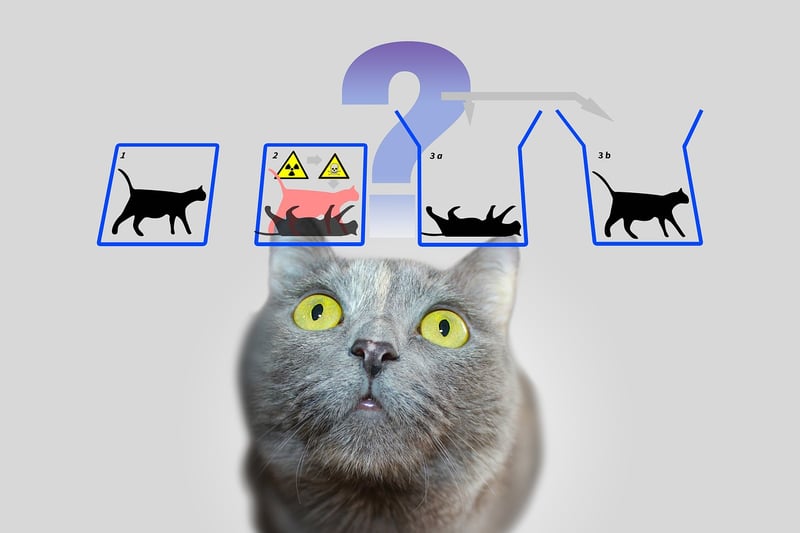Bootstrap Paradox
Dive into Temporal Logic and the Bootstrap Paradox
Temporal logic is a branch of logic that deals with the representation and reasoning about time-dependent information. It plays a significant role in various fields, including philosophy, computer science, and physics. One intriguing concept within temporal logic is the Bootstrap Paradox, which challenges our understanding of cause and effect within time loops.
Understanding Temporal Logic
Temporal logic allows us to express statements about what is true at different points in time. It includes temporal operators like "always," "eventually," and "until" to represent temporal relationships. This logic is crucial in formalizing systems with time constraints, such as real-time systems, concurrent programs, and temporal databases.
The Bootstrap Paradox
The Bootstrap Paradox is a self-referential paradox where an object or information is sent back in time and becomes the very thing that caused its existence in the future. This creates a loop where the origin of the object is unclear, as it appears to be self-created or have no discernible beginning.
One classic example of the Bootstrap Paradox is a time traveler receiving plans to build a time machine from their future self, then constructing the same time machine and sending the plans back in time. This loop raises questions about causality, as the time machine has no original creator and seems to exist in a perpetual loop of creation.
Implications and Considerations
The Bootstrap Paradox raises philosophical and scientific questions about the nature of time, causality, and free will. It challenges our intuition about cause and effect, suggesting that events can be self-originating or exist without a clear beginning.
From a scientific perspective, the Bootstrap Paradox highlights the complexities of time travel and the potential paradoxes that may arise when considering backward time travel. It prompts researchers to explore alternative theories of time that can accommodate such causal loops.
Conclusion
Temporal logic and the Bootstrap Paradox offer fascinating insights into the nature of time and causality. They invite us to reconsider our understanding of time-dependent phenomena and the implications of causal loops within a temporal framework.
Exploring these concepts can spark discussions about determinism, free will, and the fundamental structure of the universe, challenging us to think beyond traditional notions of cause and effect.

